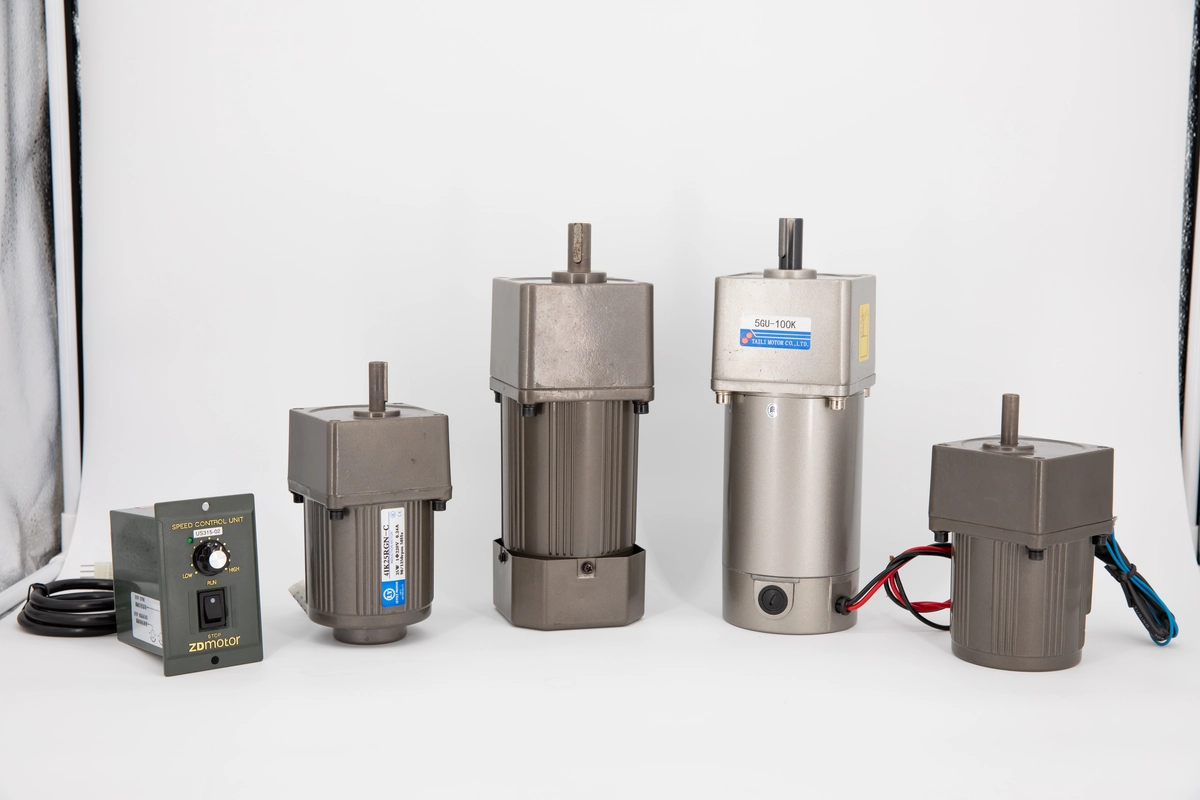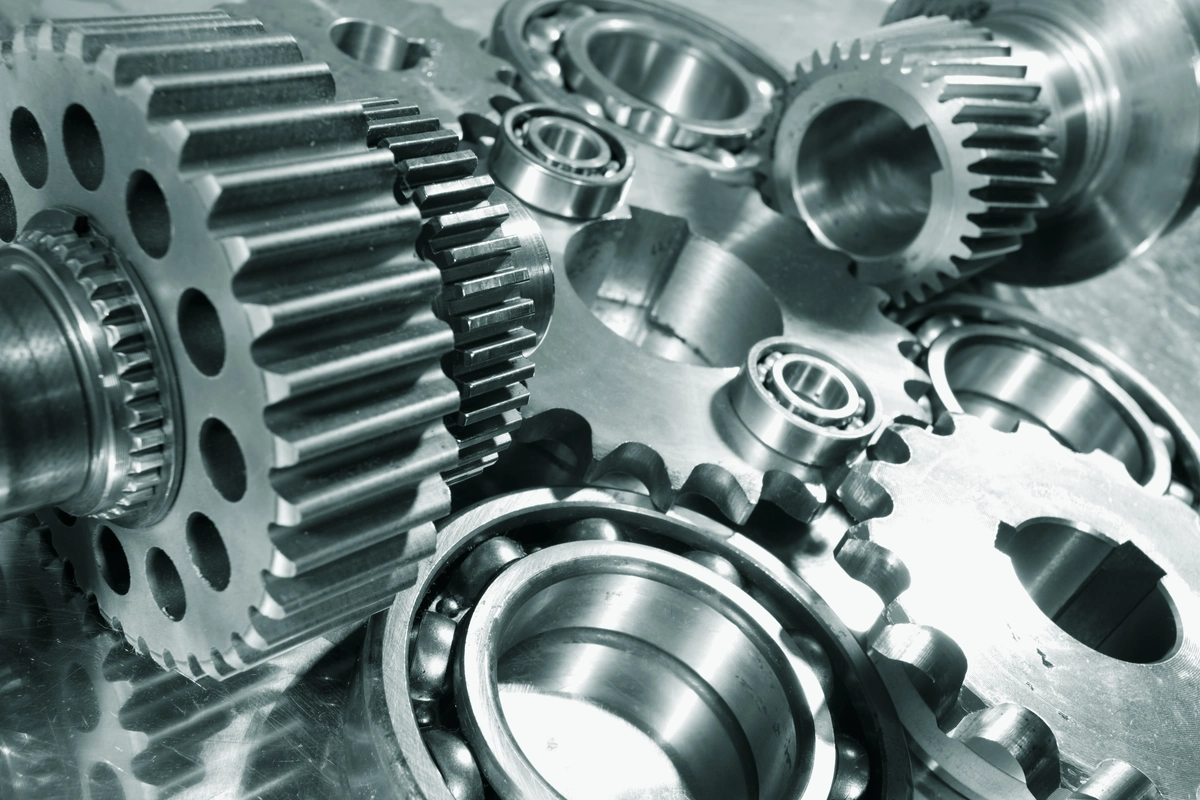- +86 19149417743
- Zhengzhou, Henan Province, China
- Mon-fri: 8am - 7pm
Get a quote
Before delving into the applications of DC motors, let's briefly review the fundamental principles and characteristics of these motors.
DC motors operate based on the interaction between magnetic fields and electric currents, resulting in the conversion of electrical energy into mechanical motion. This conversion is achieved through the interaction of a stationary magnetic field (stator) and a rotating armature with an electric current.
DC motors can be broadly classified into two main categories: brushed DC motors and brushless DC motors (BLDC). Each type offers distinct advantages and is suitable for specific applications.
DC motors find extensive use in a wide range of applications due to their favorable characteristics and precise control capabilities. Let's explore some of the prominent fields where DC motors are employed:
DC motors are extensively utilized in industrial machinery for various tasks, including conveyor systems, pumps, compressors, and machine tools. Their ability to provide precise control over speed and torque makes them ideal for powering machinery in manufacturing plants.
DC motors play a vital role in robotics and automation systems. They are employed in robotic arms, grippers, and actuators, providing the necessary motion and control required for precise movements and manipulation of objects.
The rise of electric vehicles (EVs) has significantly increased the demand for DC motors. In EVs, DC motors are used for propulsion, powering the wheels and providing the necessary torque and speed control. They are commonly found in electric cars, motorcycles, scooters, and bicycles.
Heating, ventilation, and air conditioning (HVAC) systems rely on DC motors for tasks such as air circulation, fan operation, and air damper control. DC motors offer energy-efficient and controllable solutions for maintaining optimal indoor air quality and temperature.
DC motors find applications in the aerospace and aviation industries. They power vital systems such as actuators for flight control surfaces, landing gear mechanisms, fuel pumps, and ventilation systems, ensuring the safe and efficient operation of aircraft.
DC motors are utilized in various medical devices and equipment. They power pumps for drug delivery, ventilators, robotic surgical systems, prosthetics, and mobility aids, contributing to advancements in healthcare technology and patient care.
Numerous home appliances incorporate DC motors for their operation. Examples include refrigerators, washing machines, vacuum cleaners, electric fans, and kitchen appliances. DC motors provide efficiency, reliability, and precise control in these consumer devices.
DC motors are employed in renewable energy systems such as wind turbines and solar tracking systems. They enable the efficient conversion of wind or solar energy into electricity and ensure optimal performance by adjusting the orientation of panels or blades.
Ongoing advancements in DC motor technology continue to expand their applications and improve their performance. Innovations such as improved materials, motor control algorithms, and power electronics contribute to higher efficiency, power density, and reliability.
DC motors are versatile powerhouses that find applications in a wide array of industries and systems. From industrial machinery and robotics to electric vehicles and medical equipment, DC motors offer precise control, efficiency, and reliable performance.
 2024-04-24 17:11:36
Engineering
2024-04-24 17:11:36
Engineering
 2024-04-19 16:09:00
Engineering
2024-04-19 16:09:00
Engineering